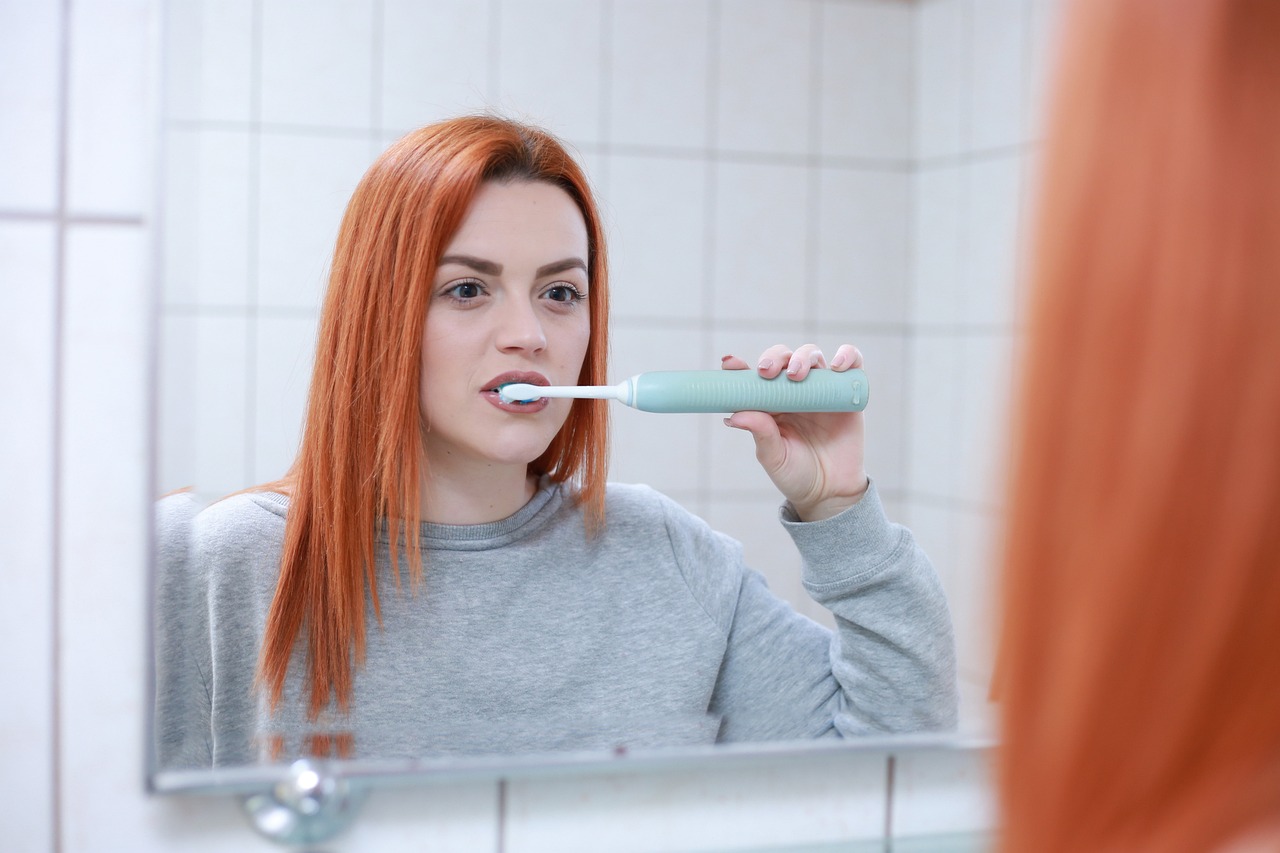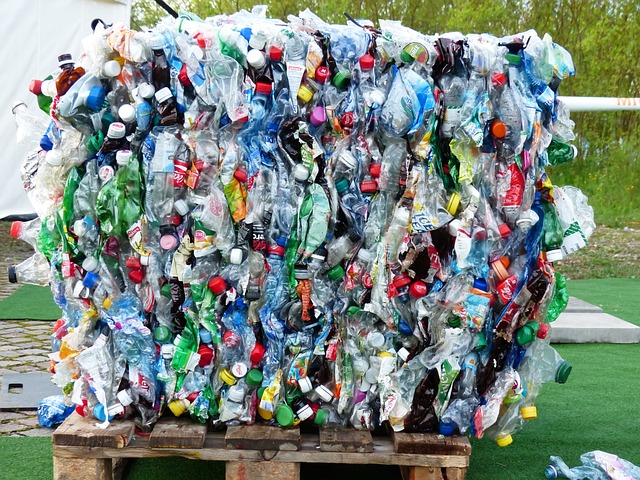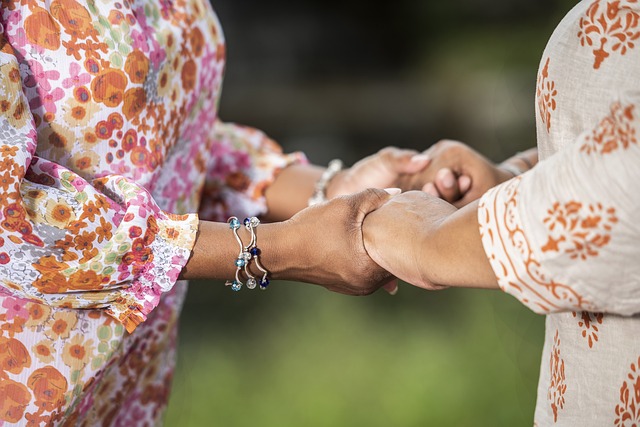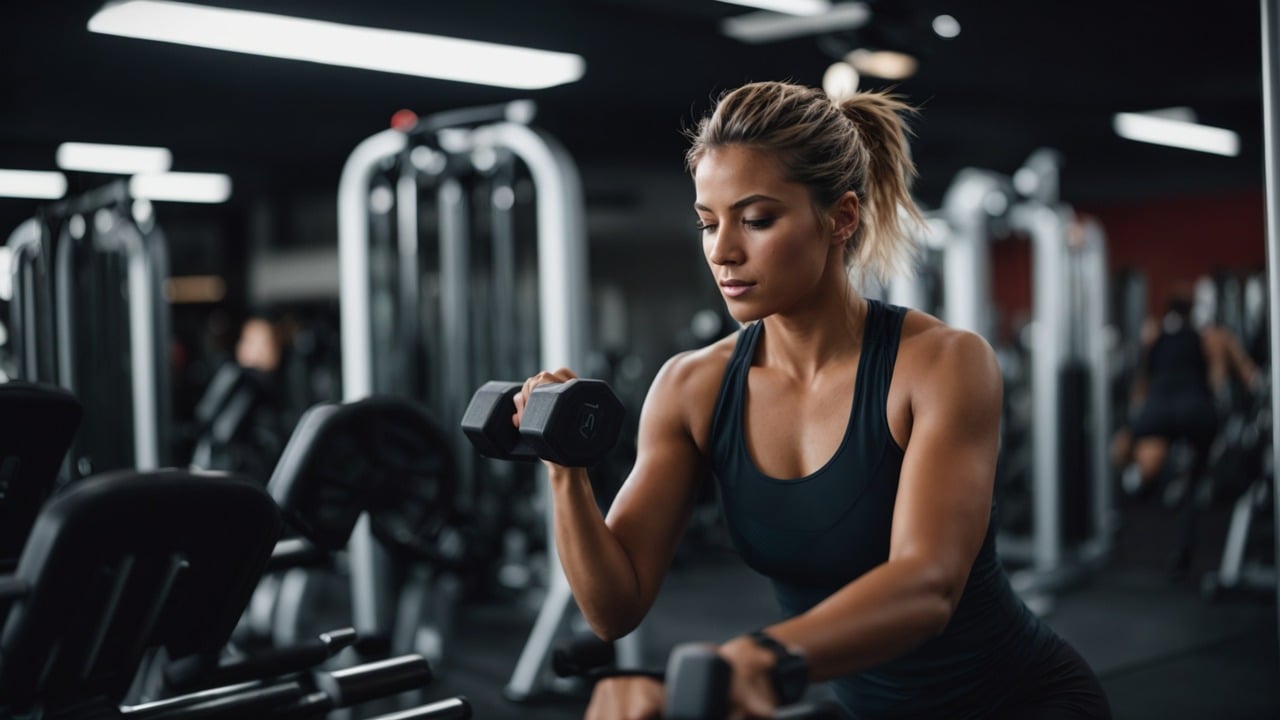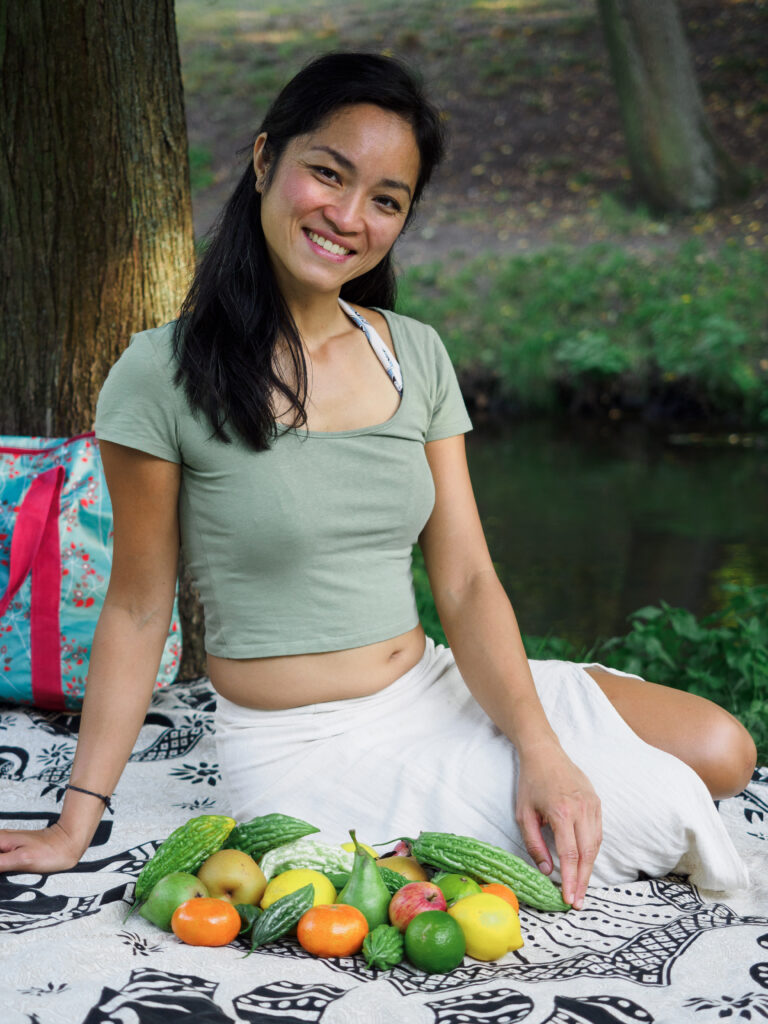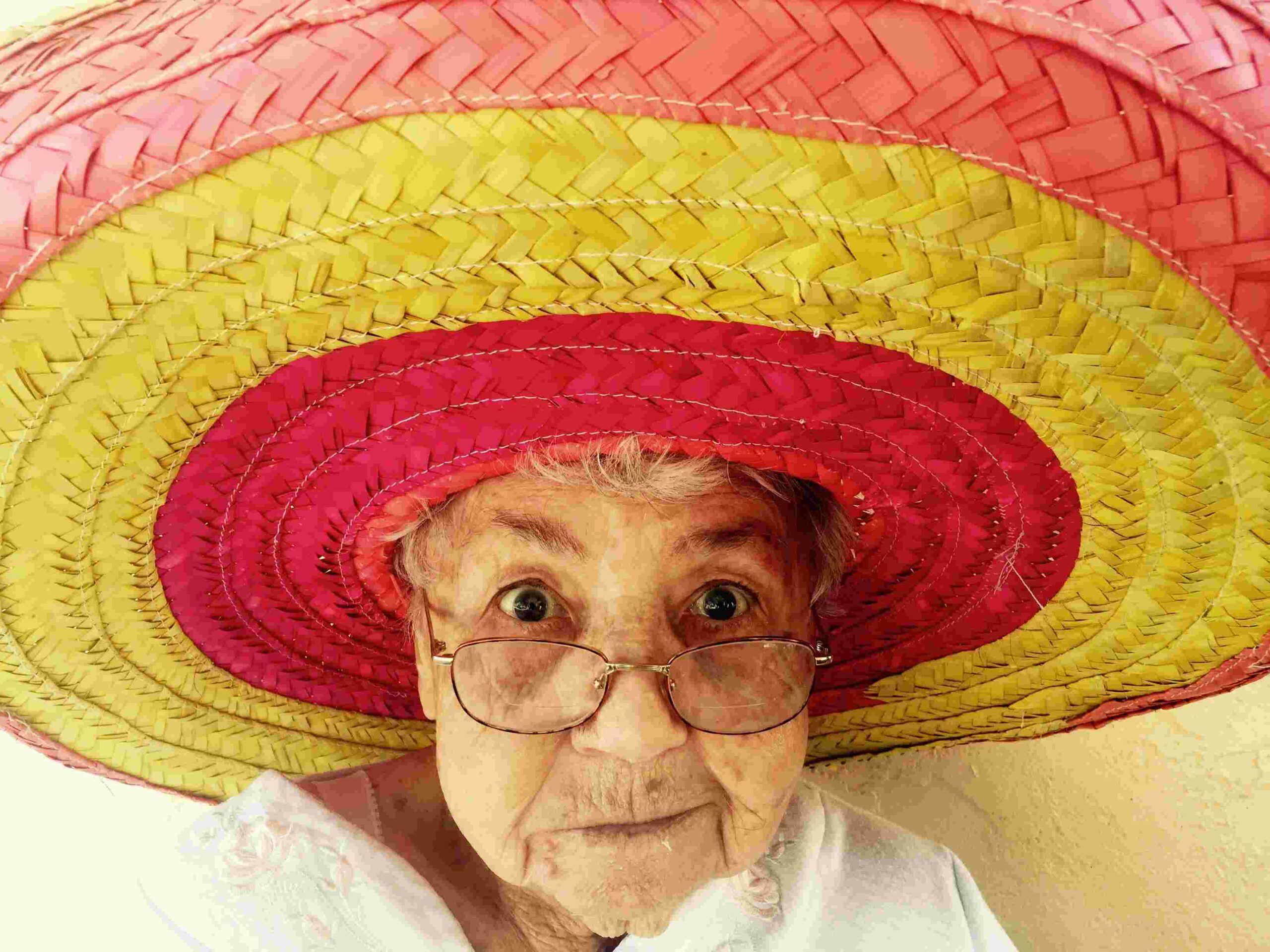
Aging is an inevitable process for every individual. However, how this process unfolds—”how we age”—is far more important. Two people may be the same age, yet one may appear older, have less energy, and be more susceptible to illnesses than the other. The reasons behind this often lie in lifestyle choices, dietary habits, genetic factors, and environmental influences. In this article, we will explore why two people of the same age may age differently and how this process can be improved.
Factors Influencing Aging
There are many factors that affect the aging process. Genetic makeup plays a significant role in how quickly an individual ages. However, lifestyle and environmental factors are just as influential, if not more so.
1. Genetic Factors
Genetics is one of the primary determinants of an individual’s aging pace. A family history of longevity offers a genetic advantage. However, genetic factors alone do not determine the aging process. Lifestyle choices can have a decisive impact, sometimes overriding genetic predispositions. Poor nutrition, inactivity, and stress can overshadow even the best genetic advantages.
2. Dietary Habits
Nutrition is one of the most crucial factors directly affecting the aging process. Inadequate and unbalanced nutrition leads to an increase in free radicals in the body, which accelerates cellular aging. A diet high in processed foods, unhealthy fats, and excessive sugar and salt accelerates the body’s aging process. Conversely, foods rich in antioxidants, natural, and fresh ingredients reduce cell damage and slow down aging.
3. Physical Activity
Regular exercise is one of the most effective ways to maintain body health. Exercise improves circulation, preserves muscle and bone health, boosts metabolism, and aids in weight management. All these effects help an individual remain healthier and younger. Those who are physically inactive age faster, have lower body resistance, and are at higher risk for chronic diseases.
4. Stress Management
Stress has become a part of modern life, and unfortunately, it is one of the biggest accelerators of the aging process. Chronic stress causes inflammation in the body, laying the groundwork for various diseases. Long-term stress also disrupts hormone balance, leading to faster aging. Managing stress is crucial for slowing down the aging process. Relaxation activities such as meditation, yoga, and breathing exercises can be effective in reducing the impact of stress. Read more about stress in this article.
5. Environmental Factors
Environmental factors refer to the living conditions to which an individual is exposed. Air pollution, exposure to chemicals, and excessive exposure to sunlight can negatively impact the aging process. UV rays, in particular, cause premature aging, wrinkles, and spots on the skin. Paying attention to environmental factors and taking protective measures (such as using sunscreen) can help slow down the aging process.
Tips for Healthy Aging
There are some essential elements to consider in order to slow down the aging process and age healthily. These elements enhance the quality of life, keeping an individual both physically and mentally more vibrant.
1. Balanced Diet
One of the most important aspects of healthy aging is a balanced diet. A diet rich in antioxidants, vitamins, and minerals supports cell regeneration and reduces the impact of free radicals in the body. Antioxidants like vitamins C and E, beta-carotene, and selenium are particularly effective in slowing down the aging process.
a. Fresh Fruits and Vegetables
Consuming at least five servings of fresh fruits and vegetables daily provides the body with the necessary vitamins and minerals, boosting the immune system. These foods also help maintain the skin’s elasticity, delaying signs of aging.
b. Omega-3 Fatty Acids
Omega-3 fatty acids protect heart health, support brain function, and reduce inflammation. Foods like fish, walnuts, and flaxseeds should be included in your diet as sources of omega-3.
c. Whole Grains
Whole grains are rich in fiber and regulate the digestive system. They also help maintain balanced blood sugar levels, preserve energy levels, and provide protection against age-related diseases.
2. Regular Exercise
Physical activity is one of the most effective ways to maintain overall health. Exercise not only preserves muscle and bone health but also supports cardiovascular health.
a. Cardiovascular Exercises
Cardio exercises strengthen the cardiovascular system by increasing heart rate. Activities like walking, running, and cycling protect heart health while also aiding in weight management.
b. Strength Training
To maintain and build muscle mass, it’s important to engage in strength training exercises several times a week. Weightlifting, Pilates, or bodyweight exercises increase bone density and prevent age-related muscle loss.
c. Flexibility and Balance Exercises
Exercises that enhance flexibility and balance, such as yoga and tai chi, reduce the risk of falls and protect joint health. These types of exercises improve mobility and quality of life in old age.
3. Stress Management
Protecting oneself from the negative effects of stress is crucial for healthy aging. Stress management techniques protect both mental and physical health.
a. Meditation and Yoga
Meditation and yoga provide mental relaxation, reduce stress hormones, and improve mood. These practices also lower blood pressure, protecting heart health.
b. Breathing Exercises
Deep breathing exercises calm the body and mind, reduce stress, and improve focus. Short daily breathing exercises are highly effective in alleviating stress.
c. Social Connections
Strong social connections play a significant role in reducing stress. Spending time with family, friends, and the community protects mental health and prevents feelings of loneliness in old age.
4. Sleep Patterns
Adequate and quality sleep is crucial for the body’s renewal and repair. Sleep strengthens the immune system, preserves brain function, and improves skin health.
a. Sleep Hygiene
Establishing regular sleep hours, avoiding screens before bed, and creating a comfortable sleep environment improve sleep quality. Good sleep protects both physical and mental health.
b. Sleep Duration
The recommended sleep duration for adults is 7-9 hours. This period is sufficient for the body to rest and renew itself fully. Lack of sleep can accelerate the aging process.
Have deeper insights into stress in this article.
5. Skincare
The skin is the organ that most visibly shows signs of aging. Maintaining skin health is important for delaying the signs of aging. As skin ages, it loses moisture and elasticity. Foods containing antioxidants protect the skin from the damaging effects of free radicals. With fresh and fruits and vegetables, you can make sure your skin is sufficiently moisturized which prevents the formation of wrinkles and fine lines. Nutritious foods help keep the skin looking younger and healthier. But not only food should come in the most natural form, but also bodycare products should not contain unnecessary chemical additives.
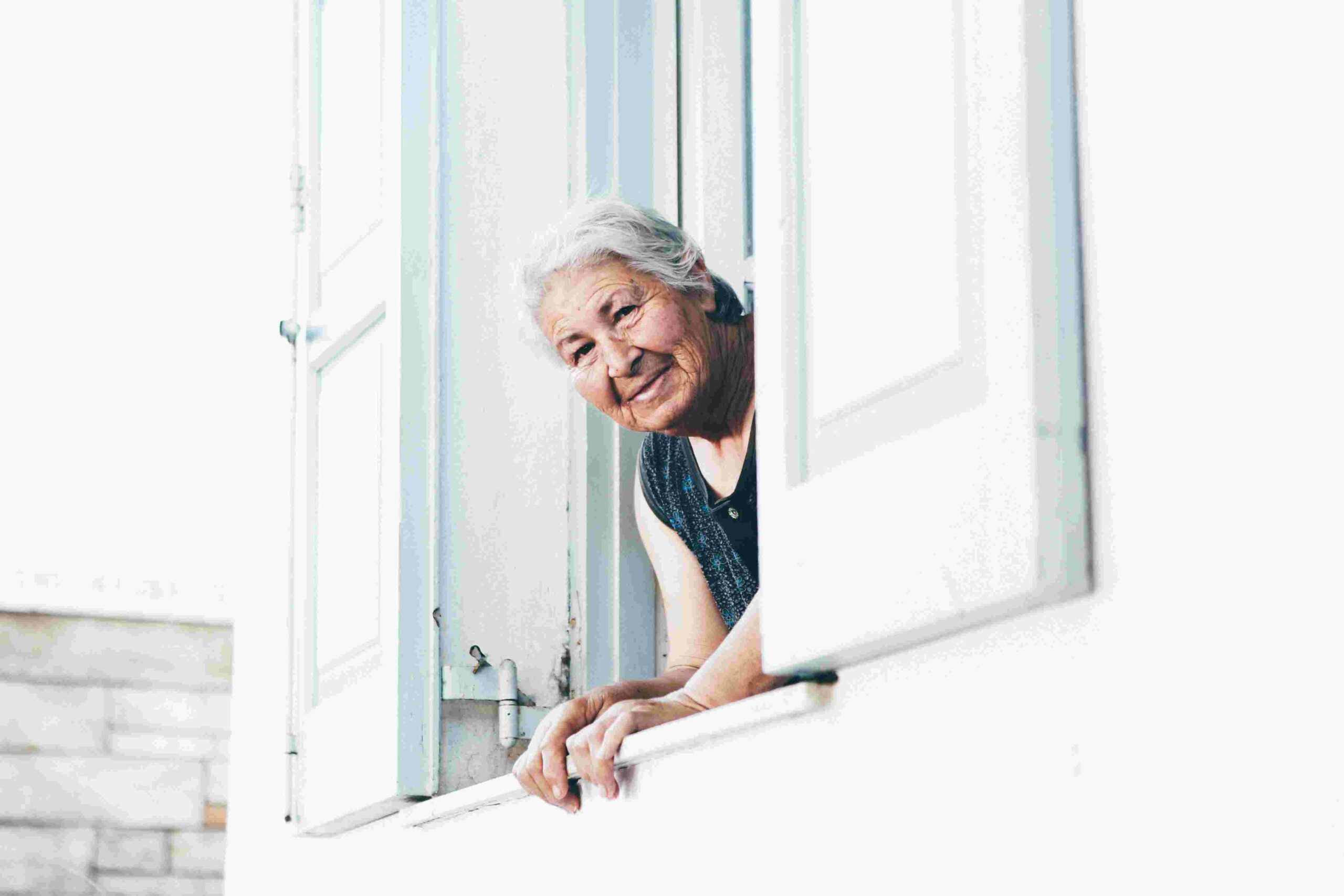
The Psychological Aspect of Healthy Aging
Aging is not just a physical process; it also has a psychological dimension. As one ages, self-confidence, life satisfaction, and overall happiness may change. Therefore, healthy aging should also be considered from the perspective of mental health and life satisfaction.
1. Mental Activities
Keeping the mind active is one of the best ways to prevent cognitive decline as you age. Activities like learning new things, solving puzzles, and reading help maintain brain health.
2. Positive Thinking
A positive mindset is one of the keys to healthy aging. Positive thoughts reduce stress, improve mood, and enhance overall quality of life.
3. Social Participation
Participating in social activities strengthens social bonds and reduces feelings of loneliness. Engaging in activities that benefit the community makes individuals feel valued as they age.
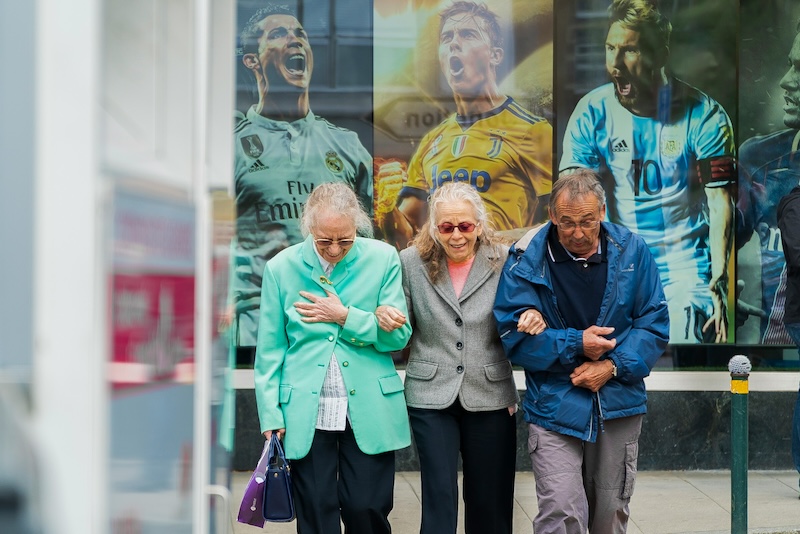
Matters Needing Attention
1. Microbiome and the Immune System
The Role of the Immune System
The immune system is a complex network that defends the body against infections and diseases. As we age, the efficiency of the immune system declines, making elderly individuals more vulnerable to infections, chronic diseases, and serious health issues like cancer. This weakening of the immune system also leads to reduced vaccine effectiveness and longer recovery times. This phenomenon is known as “immunosenescence” and is a natural part of aging.
However, it is possible to strengthen the immune system and slow down this process. Regular physical activity, a healthy diet, sufficient sleep, and stress management can all help improve the functioning of the immune system. Additionally, consuming foods rich in probiotics and prebiotics can support gut health, which in turn enhances the effectiveness of the immune system.
Gut Health and the Microbiome
The gut microbiome is a complex ecosystem composed of trillions of bacteria, viruses, fungi, and other microorganisms that have a significant impact on overall health. The balance of the gut microbiome is crucial not only for digestive health but also for immune function, mental health, and metabolism. The diversity and balance of the microbiome can directly influence the aging process.
Over time, factors such as poor diet, stress, environmental toxins, and antibiotic use can disrupt the balance of the microbiome. This disruption can weaken the immune system, lead to chronic inflammation, and increase the incidence of age-related diseases. Maintaining a balanced microbiome can be achieved by consuming foods rich in probiotics and prebiotics.
2. The Role of Hormones in Aging
Changes in Hormone Levels
Hormones are chemical messengers that regulate many biological processes in the body, and as we age, there is a natural decline in hormone levels. For example, women experience a decrease in estrogen and progesterone levels during menopause, while men experience a decline in testosterone levels during andropause. These hormonal changes can lead to not only physical changes but also emotional and psychological shifts.
A decrease in estrogen levels can result in reduced bone density, skin dryness and thinning, hot flashes, and an increased risk of heart disease. A decrease in testosterone levels can lead to a loss of muscle mass, decreased energy levels, reduced libido, and depression. Managing these changes can be achieved through adopting a healthy lifestyle and, when necessary, medical interventions.
Hormone Therapies
Hormone replacement therapies (HRT) are a common method used to alleviate the symptoms of age-related hormonal changes and improve quality of life. For example, estrogen and progesterone replacement after menopause can help maintain bone health, reduce hot flashes, and alleviate other menopausal symptoms. Similarly, testosterone replacement therapy in men can increase energy levels, muscle mass, and overall quality of life.
However, hormone therapies are not without risks and may not be suitable for everyone. It is important for individuals to thoroughly assess the risks and benefits with their doctors before starting these therapies. Additionally, natural ways to maintain hormone balance through healthy eating, regular exercise, and stress management should also be considered.
3. Mental Health in Old Age
Depression and Anxiety
The aging process brings not only physical but also emotional and psychological challenges. The risk of depression and anxiety increases in elderly individuals, often due to factors like retirement, the loss of loved ones, reduced physical capacity, and loneliness. Depression in elderly individuals is often an overlooked condition, making it difficult to treat.
Symptoms of depression and anxiety may include persistent sadness, feelings of hopelessness, loss of interest in activities, sleep disturbances, and changes in appetite. Addressing these issues may involve seeking professional support, such as therapy and medication when necessary. Additionally, maintaining social connections, engaging in regular physical activity, and staying mentally active can help reduce the risk of depression and anxiety.
Maintaining Mental Sharpness
Preserving mental sharpness is a key component of healthy aging. While cognitive function may naturally decline with age, this process can be slowed. Neurodegenerative diseases like Alzheimer’s and dementia are common among elderly individuals and can be challenging for both the individual and their loved ones.
One of the most effective ways to maintain mental sharpness is through brain exercises. Activities like solving puzzles, learning a new language, playing chess, or playing a musical instrument keep the brain active. Regular physical exercise, a healthy diet, and social interactions also support brain health. Nutrients such as omega-3 fatty acids, antioxidants, and B vitamins play an important role in maintaining neurological health.
4. Social and Emotional Well-Being
Loneliness and Social Isolation
Loneliness and social isolation are common issues among elderly individuals, and these conditions can have negative effects on both physical and mental health. Loneliness can increase the risk of depression, anxiety, heart disease, and even premature death. Weakening social ties can reduce the satisfaction elderly individuals derive from life and negatively impact their overall well-being.
To overcome this issue, it is important to encourage social engagement among elderly individuals. Regular communication with family and friends, participation in community events, involvement in volunteer work, or developing hobbies can help reduce social isolation. With the advancement of technology, digital communication tools can also assist elderly individuals in maintaining their social connections.
Family and Community Support
Family members and the community are important sources of support for aging individuals. Strong family bonds provide elderly individuals with a sense of value and psychological support. Community support encourages the active participation of elderly individuals in social life and protects them from loneliness.
Families play a key role in responding to the health care, daily living activities, and emotional needs of elderly members. Additionally, community programs that allow elderly individuals to continue their social roles and share their knowledge and experiences can enhance social well-being. Such support helps elderly individuals see themselves as valuable members of society and lead more fulfilling lives.
5. Personal Care and Well-Being
Self-Care
Personal care in old age has a direct impact on an individual’s overall health and quality of life. Practicing self-care not only helps maintain physical health but also boosts self-confidence and allows the individual to maintain independence. Daily care routines, such as skin care, hair care, and nail care, contribute to the person’s overall well-being.
Another important aspect of self-care is regular health check-ups. Early diagnosis and treatment of potential health issues that may arise with age can improve the quality of life. Additionally, maintaining healthy lifestyle habits such as balanced nutrition, regular exercise, and adequate sleep helps preserve both physical and mental health in old age.
Spiritual Growth and Meditation
Spiritual growth is an important way to maintain inner peace during old age. Meditation can be an effective tool in this process. Meditation reduces stress, provides mental calmness, and enhances overall well-being. A regular meditation practice helps elderly individuals establish inner balance, make peace with the past, and look to the future with more hope.
Additionally, mindfulness techniques can help individuals live in the moment and accept their current situation. These techniques can increase mental resilience in coping with the challenges of aging. Spiritual growth can also be supported through religious or spiritual activities, which add meaning to life and reduce the fear of death.
Expanding on these topics allows you to approach the aging process with a more holistic perspective. Each topic provides strategies to help elderly individuals maintain both their physical and mental health, making your article more comprehensive and informative.
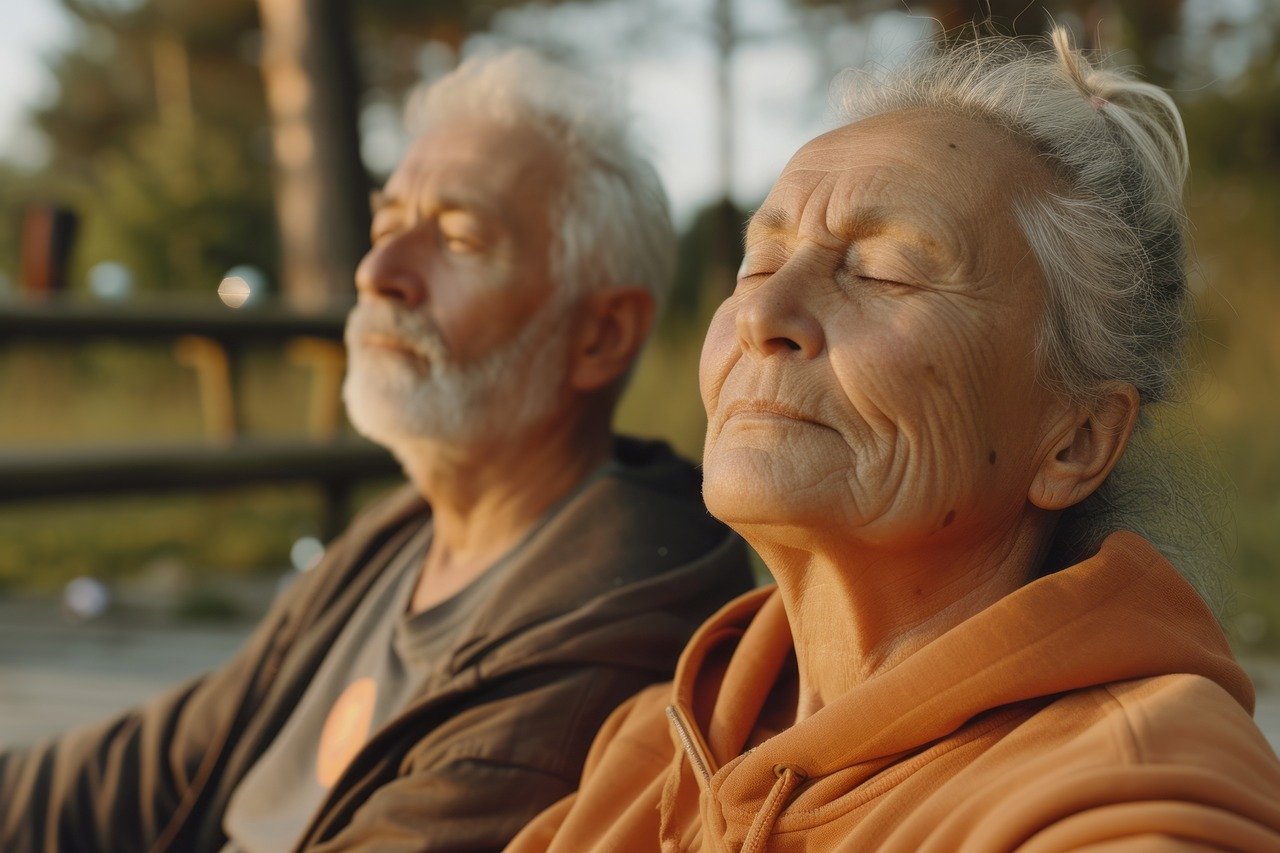
Conclusion
Aging is inevitable, but how we age is largely within our control. This process is shaped by factors such as nutrition, lifestyle, mental health, social connections, and hormonal balance. We’ve seen that there can be significant differences between two people of the same age, highlighting the importance of proactive and holistic approaches.
Additionally, practices like meditation and personal care help ensure inner peace and enhance the quality of life in old age. In conclusion, while we cannot stop aging, we can choose to age healthier and happier. This way, we can not only add years to life but also life to those years.
Subscribe to our newsletter, follow us on social media to let us know how you’re working towards aging healthier and happier!
Oral Health: Causes, Prevention, and the Role of Nutrition
Oral health is often a neglected part of our...
Food Allergies: Causes, Symptoms, and Management
Food allergies and sensitivities are...
Unintentional Weight Loss
Unintentional weight loss can be distressing,...
The Negative Impacts of Plastic Usage on Health and the Environment
Plastic has revolutionized modern life,...
The Impact of Social Media on Body Image: How It Affects Women’s Health
Social media has transformed how we connect,...
Why Women Need Nutrition Counseling Beyond Weight Loss
Women face unique challenges when it comes to...
The Benefits of Journaling for Mental Health
Journaling has gained recognition as a powerful...
Minimalism and Health: The Effects of a Minimalist Lifestyle on Mental and Physical Well-being
Living in a world where consumerism and constant...
Physical activity: Cardio, Strength Training, Yoga, and Pilates
Engagement in regular physical activity is...

